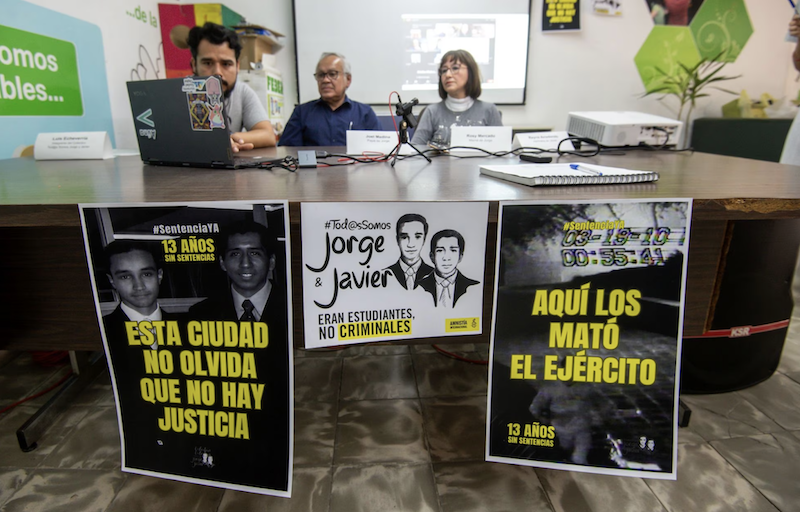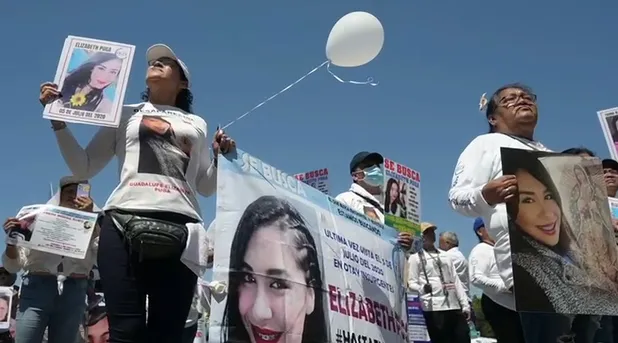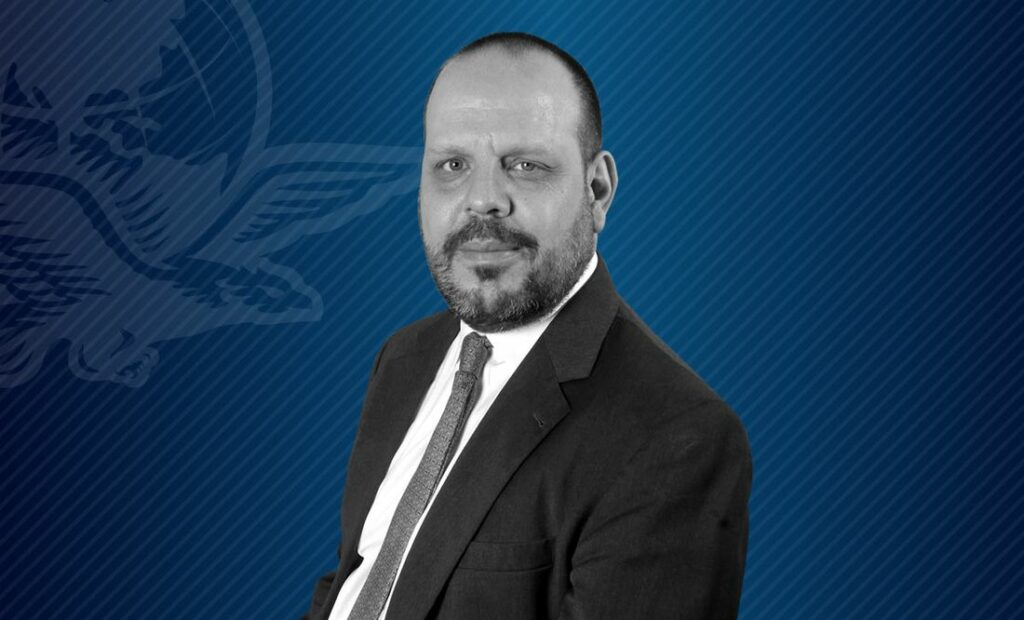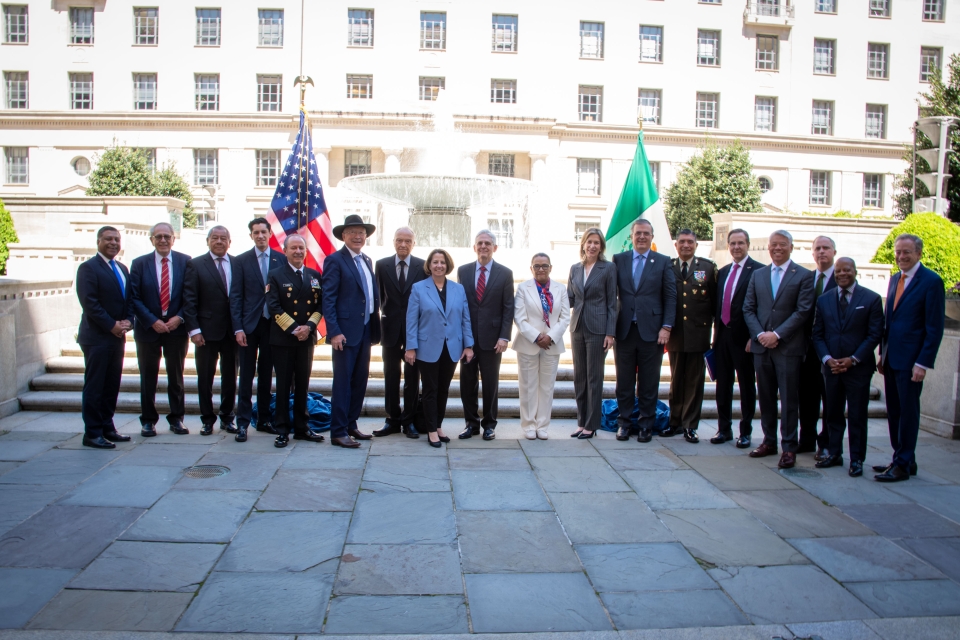04/02/11—After an investigation of a plane that landed in Ciudad del Carmen on April 10, 2006, it was revealed that the Sinaloa drug cartel purchased the plane with money laundered through Wachovia, now a part of Wells Fargo. The investigation was led by agents from the US Drug and Law Enforcement Administration, and the Internal Revenue Service, among others. Mexican police forces also found 5.7 tons of cocaine valued at $100 million dollars. “Authorities uncovered billions of dollars in wire transfers, traveler’s checks, and cash shipments through Mexican exchanges into Wachovia accounts,” stated a recent Guardian article. It was also discovered that 13 billion dollars were ultimately channeled through correspondent bank accounts at Wachovia to purchase airplanes for the use of drug trafficking in Mexico.
Following these discoveries, Wachovia was put under immediate investigation for failing to maintain an anti-money laundering program. This investigation led to criminal proceedings against Wachovia, which were settled out of court under the U.S. Bank Secrecy Act in March 2010. Wachovia ultimately paid federal authorities $110 million in forfeiture, a $50 million fine for failing to monitor cash flow, and a sanction because it never applied the proper anti-money laundering structures to a transfer of $378.4 billion dollars. .
Jeffrey Sloman, the federal prosecutor on the case, pointed out that Wachovia’s “blatant disregard” for banking laws only incurred a fine less than 2% of the bank’s 12.3 billion dollar profit in 2009. Antonio Maria Costa, head of the U.N. office on drugs and crime in 2008, stated that there was evidence to suggest that proceeds from drugs and crime were seen as “liquid investment capital” that were only available to those banks who were in trouble of collapsing. He also said that interbank loans were funded by money from the drug trade, which saved a number of banks during the 2008 banking crisis.
Wachovia is also accused of proceeding with their business despite knowing the illicit nature of its activity. Jose Luis Marmolejo, a prosecutor for the case, said that the bank handled all of the transfers, but never filed any as suspicious. It has also surfaced that Wachovia ignored numerous complaints brought by whistleblower Martin Woods, a senior anti-money laundering officer who joined the bank in 2005. He discussed the concerns arising from Wachovia’s suspicious ties to Mexico with the bank’s head of global anti-money laundering for correspondent banking and then filed a series of suspicious activity reports, or SARS. The response from the Wachovia Bank in Miami, which served as the center for Latin American business, was not supportive, according to Woods. Increasing pressure and attention from the U.S. attorney’s office in 2007, however, led Wachovia to eventually cut ties with some of its “casas de cambio,” or currency exchange locations, with whom it did business in Mexico. Woods eventually found a representative from the Drug Enforcement Agency (DEA) to take up and investigate the case, which resulted in the 2010 settlement.
Since the involvement of Wachovia and other U.S. banks with connections to Mexican drug cartels, Mexico has announced a plan to reward people who report suspected money laundering, which would allow the awardees to get up to one-quarter of the illicit funds or property seized. Under this new plan, people will be able to file reports in person, by telephone, or by email and the amount of their reward will be determined by a special committee. All people are eligible except public servants, law enforcement, and banking employees who would only be duplicating their efforts to monitor suspicious activity.
Sources:
Associated Press. “Mexico sets rewards for reporting money laundering.” CBS News. April 4, 2011.





Sandy Pofahl was arrested in Germany for manufacturing 700,000 Ecstacy pills per month for four years.
I have no doubt that their criminal money laundering enterprise took my identity per my Equifax credit report (before they went to prison) and I have no doubt that I can prove that they carried out a scheme using my identity after they got out of prison to launder the money but, the FBI, attorney’s and law enforcement agencies and judges (Judge Lewis, Judge Nathan White, Mark PUrdy of Ft. Lauderdale) have proven to me to be involved in a huge cover up; taking bribes and falsifying documents of FBI, police, court and public records and State Bank and Trust on Midway Rd. in Carrollton Texas bank records from 1995 to now.
Anita Glenn Espanada .. associate of FBI agent, Gilberto Torress… told me that “she” as FBI agent, Gilberto Torress’s assistant “sit up Mexican bank accounts for attorney’s” to hide illegally obtained money.
When judges and attorney’s are involved in criminal acts in Dallas and Colliin County where I live; there are no government agencies who will ever meet with me. the drug money laundering cover up that’s been going on in my county is massive… we have too many corrupt judges; corrupt attorney’s covering up for corrupt judges and corrupt attorney’s and corrupt FBI agents…. for any of this to be of record here in Dallas or Collin County. Instead, my reports have been concealed from records while fraudulently created documents have been filed of FBI recods by FBI agents; filed of court records by corrupt attorney’s and judges; filed of public record by corrupt police; filed of public records by corrupt attorney’s, judges, fbi agents, police, insiders at state bank and trust; and cpa’s morgan farrington and tom kissenger from 1995 to dec. 28, 2010.
I have spent over $230,000’s of my savings “just paying attorney’s who were instructed by me to report this from 1995 to May 2004 but, none of them did anything to report this; they used their clout to take my money; do nothing for me and falsifying documents with the U.S. Attorney’s, FBI, and courts while FBI agent, Gilberto Torress also used his clout as an FBI agent to prevent my reports and evidence from being of FBI records from May 2004 to now; and while others fraudulently created documents of FBI, court, police, and public records from 1995 to Dec. 28, 2010.
I’ve been sit up by corrupt attorney’s corrupt judges; corrupt FBI agents ; and corrupt insiders of STate Bank and Trust, ….. Every time one of them knows of my evidence; my evidence ends up stolen or they cover their ass in other ways… such as recently….. I wrote in a book that FBI Gilbert Torress told me to type.. I typed that “DAvid Haynes attorney testified that the DA’s renigged a plea agreement in 1999” In 2010 (Jan. to March); Judge Lewis took the 1999 transcripts to his chambers and when the transcripts were returned ; David Haynes testimony had been removed from the 1999 transcripts. This is one of numerous things that has been done over the past 15 years to “discredit me and prevent what’s actually going on from being of record”.
Pingback: wachovia bank wire transfer
Pingback: Wall Street Protests - Page 6 - Vancouver's Top Classifieds and Automotive Forum - REVscene.net
Pingback: Global bank HSBC under fire for allowing Mexican cartels to launder money « Justice in Mexico